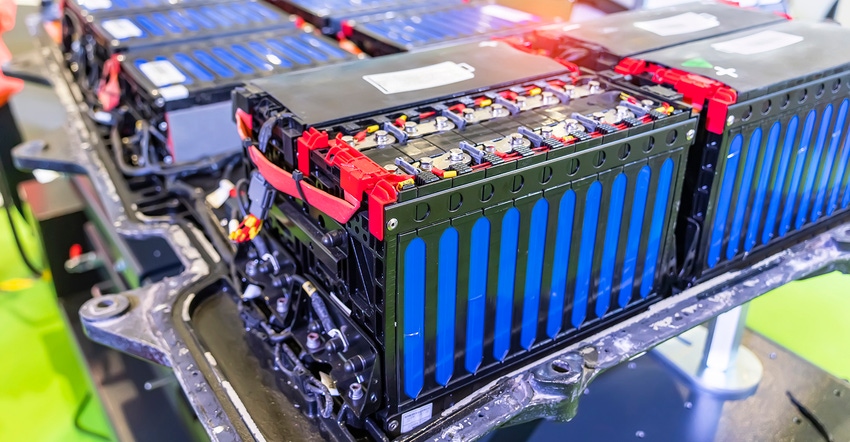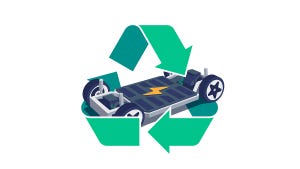Electra Vehicles Outperforms Traditional EKF in Battery Management
Discover how Electra surpasses traditional Extended Kalman Filtering (EKF) in battery management, optimizing performance and reliability for electric vehicles and energy storage systems.

As the demand for sustainable energy solutions rises, the challenges associated with accurately estimating, optimizing, and extending the lifespan of batteries become increasingly crucial. This article delves into the significance of addressing these challenges, focusing on how advancements in battery management systems (BMS), as exemplified by Electra Vehicles' study, contribute to the reliability, efficiency, and longevity of batteries in the realms of electric vehicles (EVs) and energy storage.
In batteries, the relationship between voltage and current is often nonlinear. As a battery discharges or charges, the voltage response is not proportional to the current, and this relationship changes with the state of charge (SOC) of a battery. Extended Kalman Filtering (EKF)—an advanced recursive algorithm used for state estimation in dynamic systems, especially those characterized by nonlinear relationships between variables—offers a versatile solution for a wide array of real-world scenarios including control systems, robotics, and BMS for EVs and energy storage systems.
Electra Vehicles' estimation method study
Electra Vehicles, Inc., a provider of predictive battery management and battery design software, has unveiled the results of a demonstration emphasizing accuracy improvements in electric vehicle driving range estimations. The company partnered with NXP, a semiconductor provider, to construct a battery pack capable of delivering real-time battery cell data from the pack to Electra’s cloud-based EVE-Ai software through a BMS and internet-of-things (IoT) gateway hardware.
The methodology used for this evaluation included assembling a 48V battery pack system using LG M50 battery cells. This was followed by an extensive three-month testing period, during which the test battery pack underwent repeated charging and discharging cycles. The objective was to expedite the aging process, bringing the pack to approximately half of its warranty lifespan for electric vehicle usage. The testing procedures were conducted in collaboration with testing partner BeonD srl.
The EVE-Ai Adaptive Cell Modeling System (ACMS)’ ML model and the EKF were then deployed on NXP's HVBMS system, with additional safety protocols and an accelerated aging test procedure in place. The BMS estimated SOC using both methods and data telemetry was sent to EVE-AiTM Cloud ACMS services.
Electra’s study results
According to Electra, the results of the assessment show that its integrated software solution could outperform the industry-standard method, EKF, in predicting a battery's state of charge more accurately. Electra CEO and Co-Founder Fabrizio Martini emphasized the significance of these advancements, stating, “By showcasing significant improvements in predicting a battery’s state-of-charge, Electra has demonstrated how using artificial intelligence in battery management can translate to longer lasting and better-performing batteries.” Martini continued, “With Electra’s EVE-A software, the vehicle’s battery management system is constantly retrained to showcase the most accurate battery metrics, alleviating range anxiety and battery warranty concerns for EV customers.”
Precision in estimations is vital for optimizing battery performance, extending lifespan, and ensuring reliable EV operation. Exploring more precise methods to handle nonlinearities is crucial, especially in real-time estimates of battery management systems (BMS). These advancements contribute to efficient energy usage and foster overall progress in sustainable energy storage technologies.
About the Author(s)
You May Also Like





